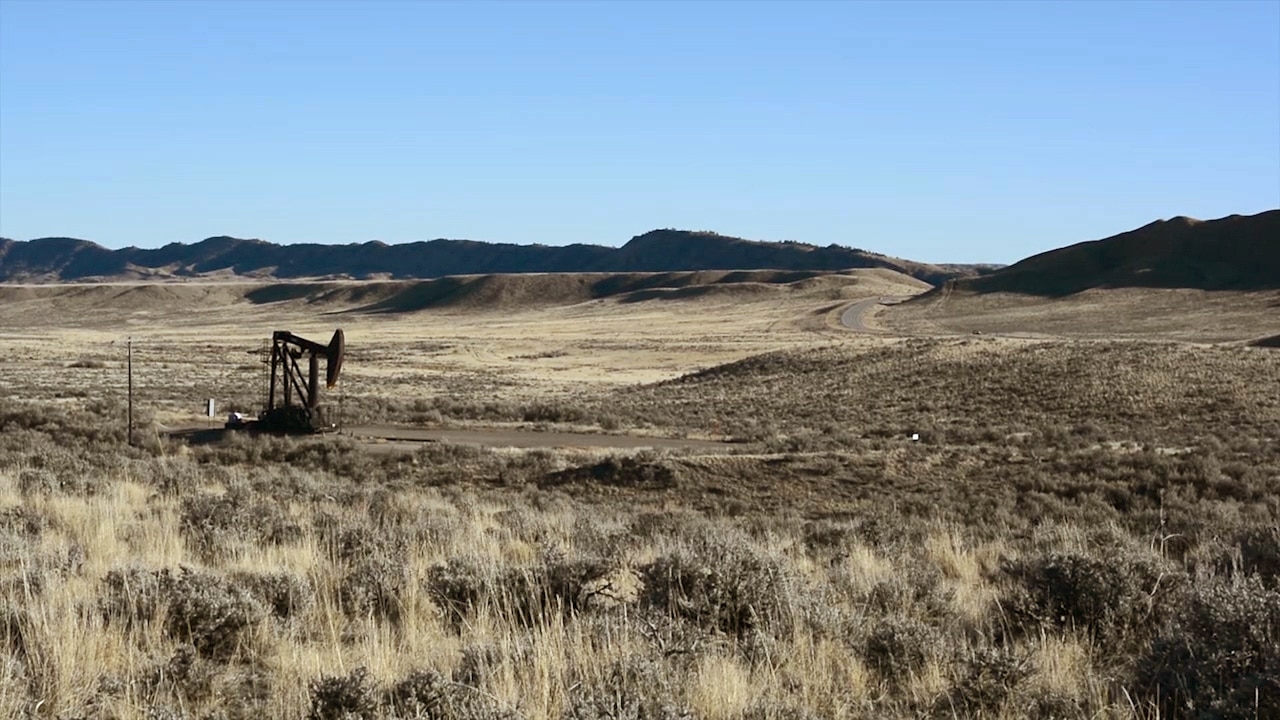Lawmakers struck a deal to avert a government shutdown with a couple days to spare before the October 1 start of Fiscal Year 2017. For the most part, the deal extends spending at FY2016 levels until December 9 when a lame duck, post-election Congress will decide how to fund the three remaining quarters of the fiscal year.
The package had basically four parts with an additional side deal to get it over the goal line. Military construction accounts and the Department of Veterans Affairs made out well – the package included a full year of funding for agencies under the “MilCon-VA” bill. The rest of government, funded by the 11 other spending bills, got a continuing resolution to support them at FY16 levels minus a 0.496 percent across-the-board spending cut to keep within budget caps for the year. A few areas were spared the cut, most notably disaster assistance and the Overseas Contingency Operations (war-fighting) account.
But the package also had more than $1.1 billion for combatting the Zika virus. The funds were designated for the Center for Disease Control, the National Institutes of Health, the Food and Drug Administration, the U.S. Agency for International Development, and other parts of the Departments of State and Health and Human Services.
Rounding out the package was a $500 million set aside for Community Development Block Grant Disaster Recovery (CDBG-DR) grants. While mostly described as assistance to Louisiana after the record flooding in Baton Rouge, the funds are available to any area declared a major disaster since the beginning of year (up until enactment of the bill). And while you might be thinking of Florida, West Virginia, and Texas, there have been 32 major disaster declarations in 24 states and the District of Columbia in 2016. The money is supposed to go to the “most impacted and distressed areas” but we’ll have to see. And hopefully we’ll be able to track the funds better than Superstorm Sandy. The Secretary of Housing and Urban Development is directed to put on a public website how the grant funds are used (including awards and expenditures) monthly through the end of the year and quarterly after that. Of course, the devil is in the details and we’ll be monitoring how much disclosure there actually is.
Lawmakers came up with $400 million in rescissions to largely offset this big pot of CDBG-DR funding. They dug deep into the government couch cushions to find some offset coins. Some were big, some were small, but they came from across government. Lawmakers clawed back cash that had been originally approved as far back as 1989 and as recently as 2014. On the small end, the bill rescinded $39,246 awarded to Customs and Border Protection in FY2002 Supplemental Appropriations responding to the 2001 terrorist attacks. At the other end of the spectrum, the legislation rescinded $168.1 million provided to territories as part of Obamacare (aka Affordable Care Act). More than half of the offsets come from that cut and a rescission of $109.5 million in bilateral economic assistance that was part of Overseas Contingency Operations account funding in the FY2015 Omnibus. Of course, “cut” is a relative term here. In most cases, we’re talking about stranded cash that wasn’t going to be spent anyway, while most if not all of the CDBG-DR funding in the bill will be.
The last item that made this deal go wasn’t even in the bill in the first place. The spoonful of sugar (for some) that made the legislative medicine go down was an agreement to allow funding for the Flint, MI, water quality crisis to be attached to the Water Resources Development Act of 2016 – an unrelated water projects bill that authorizes projects and sets policy for the U.S. Army Corps of Engineers. The $170 million package of authorized spending will still require actual appropriations to get out the door. But it does line up with a Senate version of the same bill that comes with some direct spending. Similar to the CDBG-DR funding, Flint isn’t mentioned specifically for the funds, but the intent is pretty obvious.
That’s how the sausage got made to get Congress out of town and back on the campaign trail. When lawmakers come back after the elections, there will be a lot of work to get done before a new Congress and a new President take office. We’re going to work to protect taxpayers from taking a big hit in the lame duck session—stuff like tax extenders or Congress giving the Export-Import Bank authority to start approving huge loan guarantees for companies like Boeing. You can bet we’ll be watching and reading the bills.








